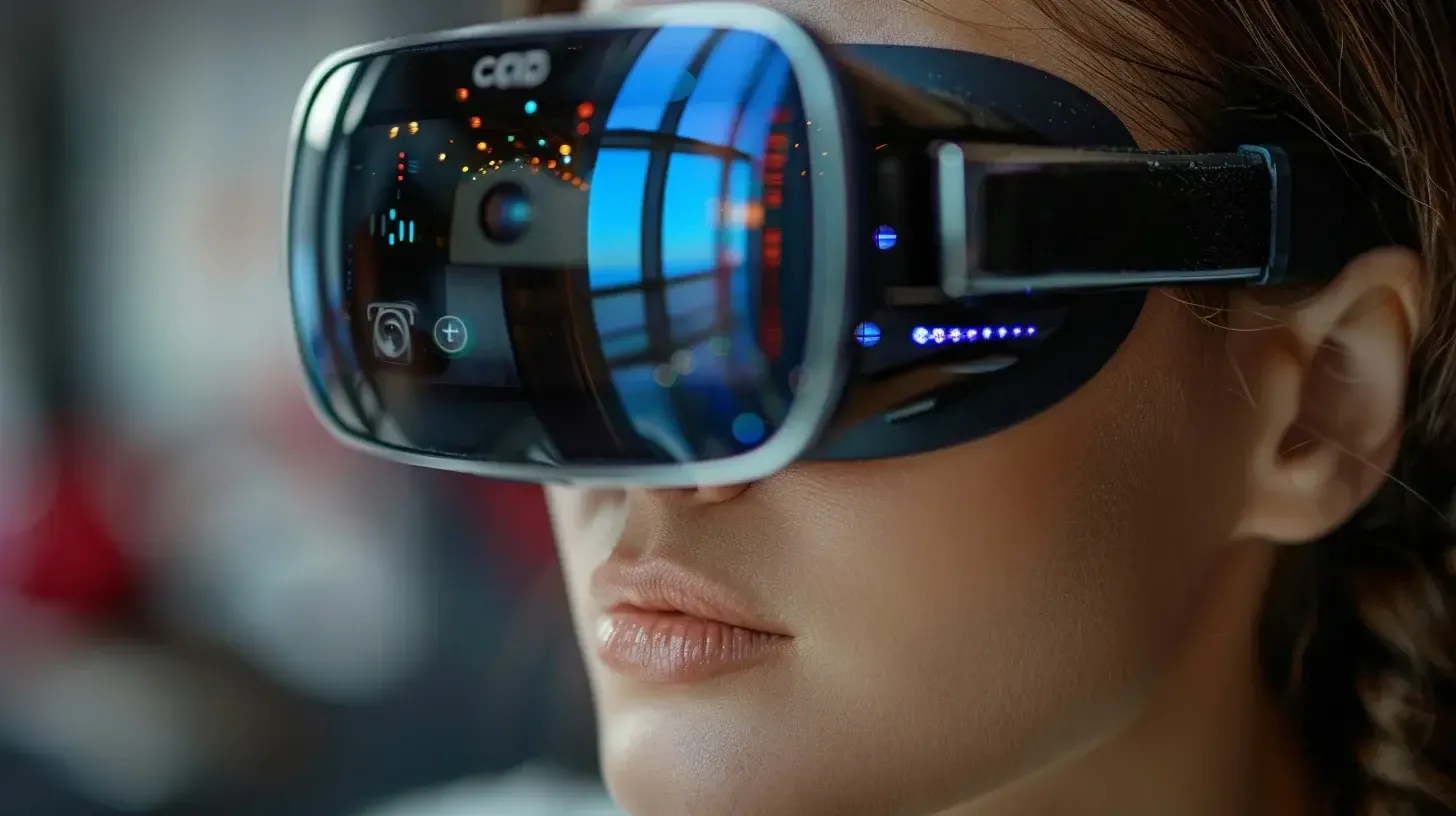28 February 2024
The Evolution of Gaming From Pixels to Virtual Reality.

Press the play button in the top right corner to listen to the article
The evolution of gaming from pixels to virtual reality marks a transformative journey through the landscape of entertainment, technology, and human interaction. This voyage from the rudimentary graphics of early video games to the immersive experiences offered by today's virtual reality (VR) technologies underscores not only the rapid pace of technological advancement but also the changing ways in which we seek to engage with digital worlds.
In the beginning, video games were simple, pixelated experiences confined to arcade machines and the first home consoles. These games, despite their simplicity, laid the foundation for a burgeoning industry, captivating the imaginations of players with their straightforward yet addictive gameplay. Classics such as "Pong" and "Space Invaders" became cultural icons, embodying the dawn of a new form of entertainment that was accessible to the masses.
As technology progressed, so did the complexity and depth of video games. The introduction of personal computers and more advanced gaming consoles in the 1980s and 1990s brought about a significant leap in graphical capabilities and game design. Titles like "Super Mario Bros." and "The Legend of Zelda" offered players rich, colorful worlds to explore, filled with intricate narratives and dynamic characters. This era saw the video game industry establish itself as a major player in entertainment, rivaling even movies and music in terms of cultural impact and revenue.
The turn of the millennium saw another shift with the advent of online gaming, bringing players together from across the globe to compete, collaborate, and connect in virtual spaces. Games like "World of Warcraft" and "Counter-Strike" demonstrated the potential for video games to create expansive, persistent worlds and foster communities that extended beyond the screen.
Today, the frontier of gaming is being reshaped yet again by virtual reality. VR technology immerses players in three-dimensional environments, offering an unprecedented level of engagement and sensory experience. Through devices like the Oculus Rift and HTC Vive, gamers can step into worlds that are more vivid and interactive than ever before. Virtual reality not only enhances the gaming experience but also expands its potential applications, from education and training to therapy and beyond.
The evolution of gaming reflects broader trends in technology, society, and how we perceive and interact with digital realms. As we look to the future, the possibilities seem boundless, with augmented reality (AR), artificial intelligence (AI), and further advancements in VR promising to continue the revolution in gaming and interactive entertainment.
The content, including articles, medical topics, and photographs, has been created exclusively using artificial intelligence (AI). While efforts are made for accuracy and relevance, we do not guarantee the completeness, timeliness, or validity of the content and assume no responsibility for any inaccuracies or omissions. Use of the content is at the user's own risk and is intended exclusively for informational purposes.
#botnews















































































